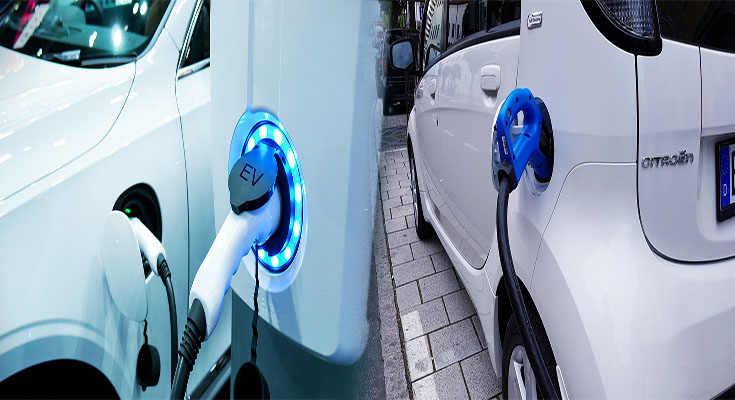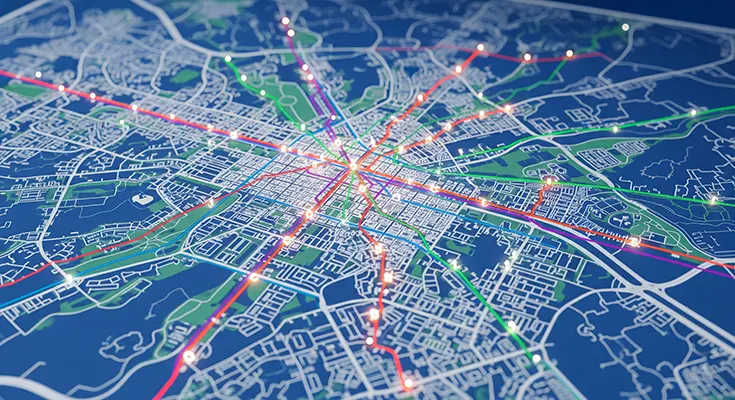As the world transitions towards sustainable energy and transportation, the adoption of electric vehicles (EVs) is seen as a key solution to reduce emissions and combat climate change. However, the widespread adoption of electric vehicles faces significant infrastructure challenges, particularly in the development of charging infrastructure. The following article discusses the infrastructure challenges hindering the mass adoption of electric vehicles in transportation.
Charging Infrastructure
A critical challenge for the widespread adoption of electric vehicles is the development of a comprehensive charging infrastructure. Unlike conventional vehicles that can swiftly refuel at numerous gas stations, electric vehicles rely on accessible and reliable charging stations. The establishment of an extensive network of charging stations, including fast-charging infrastructure, is imperative to alleviate range anxiety and encourage consumers to transition to electric vehicles.
Urban and Suburban Infrastructure
In urban and suburban areas, accommodating the charging needs of the increasing number of electric vehicles poses a significant challenge. Challenges include the implementation of curbside charging stations, access to charging facilities in communal living spaces such as apartments and condominiums, and the modification of existing infrastructure to support EV charging. Local governments and urban planners must address these challenges to ensure that EV charging infrastructure keeps pace with the growing demand for electric vehicles.
Rural Infrastructure
Rural areas present unique challenges for electric vehicle adoption due to the sparse population and limited access to charging facilities. Developing charging infrastructure along highways, rural roads, and remote areas is critical to enable long-distance travel and support individuals living outside urban centers. Overcoming the logistical and economic hurdles of establishing charging stations in remote regions is essential to create a seamless and inclusive electric vehicle ecosystem.
Grid Capacity and Energy Supply
The widespread adoption of electric vehicles will inevitably increase energy demand. Grid capacity and energy supply must be robust enough to support the charging needs of a growing EV fleet without causing strain on the power grid. Balancing energy supply and demand, integrating renewable energy sources, and implementing smart grid technologies are crucial to ensure a sustainable and resilient power infrastructure that can support the widespread adoption of electric vehicles.
Cost and Funding
The substantial investment required for the development of charging infrastructure remains a significant hurdle. This includes the installation of charging stations, grid upgrades, and maintenance costs. Public and private partnerships, government incentives, and innovative funding models are necessary to accelerate the deployment of charging infrastructure and make the transition to electric vehicles financially viable for consumers, businesses, and communities.
While the benefits of electric vehicles in reducing emissions and promoting sustainable transportation are evident, addressing the infrastructure challenges is essential for fostering widespread adoption. Governments, industry stakeholders, and urban planners must collaborate to prioritize and invest in the development of a robust and accessible charging infrastructure. Overcoming these infrastructure challenges is fundamental to unlocking the full potential of electric vehicles and transitioning towards a greener, more sustainable transportation ecosystem.
By acknowledging the infrastructure challenges and proactively developing solutions, the path towards achieving a seamless and efficient electric vehicle infrastructure can be realized, leading to a cleaner and more sustainable future for transportation.













